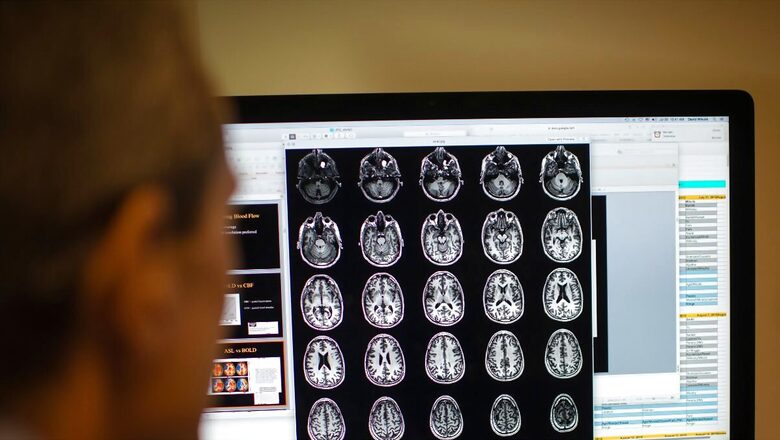
views
Alzheimer’s disease (AD) is a progressive brain disorder that affects memory, thinking, and behavior, significantly impacting patients and families. As the disease progresses, patients may experience cognitive decline, leading to difficulty with memory, communication, and daily activities. This can be emotionally challenging and isolating for both the patient and their loved ones.
In India, cultural norms may influence how symptoms are expressed, while limited healthcare access can delay diagnosis and treatment. Additionally, the stigma associated with Alzheimer’s disease can prevent individuals from seeking help or disclosing their symptoms. Addressing these factors is crucial for improving the care and support provided to individuals with Alzheimer’s.
While it primarily affects older adults, early diagnosis can lead to better management. Increased awareness can help reduce stigma, encourage early diagnosis, and ensure that individuals with Alzheimer’s receive the necessary care and support. Dr. Vinay Goyal, Chairman, Neurology, Neurosciences, Medanta, Gurugram explains all about alzheimer’s disease:
Early Diagnosis: A Crucial Step
Early diagnosis allows for a more comprehensive approach to managing Alzheimer’s. While there’s currently no cure, there are medications and therapies that can help manage symptoms, improve cognitive function, and improve quality of life.
Diagnosing Alzheimer’s typically involves a multi-step process. A healthcare professional will first conduct a comprehensive medical history and cognitive assessment. This may include memory tests, assessments of daily skills, and neurological examinations. Imaging tests, such as CT scans, MRIs, PET scans which may also be used to rule out other conditions that can mimic Alzheimer’s symptoms.
Management of Alzheimer’s
While there’s no cure for Alzheimer’s, a variety of medications and therapies can help manage symptoms and improve quality of life. These medications help improve memory and thinking by increasing levels of a key brain chemical involved in learning and memory. Additionally, activities like cognitive stimulation therapy, music therapy, and physical exercise can help maintain cognitive function and improve overall well-being.
Common Early Signs of Alzheimer’s Disease:
- Memory Loss: Forgetting recent events, conversations, or familiar places.
- Challenges with Familiar Tasks: Difficulty completing tasks like getting dressed or cooking.
- Difficulty Understanding or Following Conversations: Struggling to keep up with conversations or finding the right words.
- Changes in Personality or Behavior: Becoming withdrawn, anxious, or exhibiting unusual behaviors.
- Confusion with Time or Place: Having trouble understanding dates, times, or locations.
- Spatial Disorientation: Difficulties with spatial awareness, such as getting lost in familiar places.
- Misplacing Items: Frequently misplacing belongings in unusual places.
Next Steps if You Notice Signs of Alzheimer’s:
If you notice signs of Alzheimer’s, consult a healthcare professional for an evaluation. Early diagnosis can help provide access to better treatment options, and help with future planning. Discuss your concerns with the affected person and their family for emotional support and open communication. Remember, seeking help early can significantly improve the quality of life for both the patient and their loved ones.















Comments
0 comment